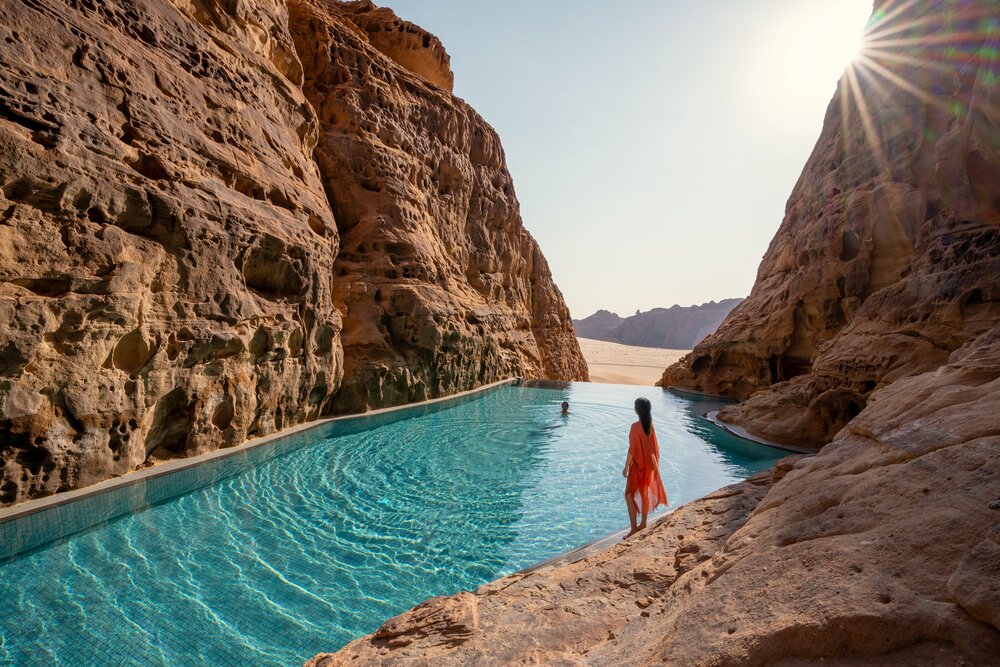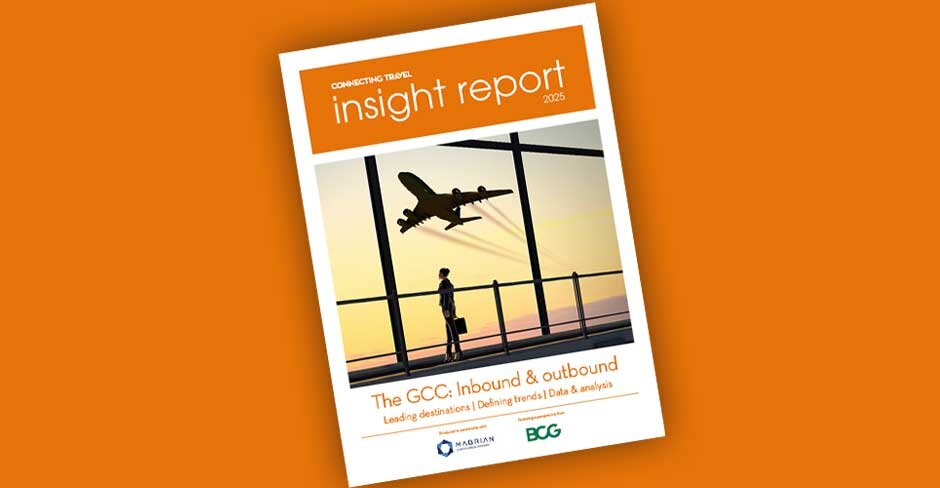From cultural immersion to curation, Preferred Hotels reveals five emerging trends
Luxury travellers are looking for authentic, extraordinary destinations and cultural experiences and turning away from 'beige-ification', generic hotels that have stars but no soul.
That’s according to independent hotel brand Preferred Hotels & Resorts and its first Luxury Travel Report, produced with The Harris Poll.
The report says demand for travel is strong, with luxury travellers planning eight leisure trips this year, including three international journeys, and more than half expect to spend more on travel in 2025 than 2024.
The report identifies five key trends for 2025 that present opportunities for the industry:
- The beige-ification of travel
- Legacy moments from people, not AI
- Curation is key for luxury guests
- Heritage and culture matter
- Loyalty must be earned with excellence
Digging deeper into those trends, the report says while demand from luxury travel is robust, discerning guests are also becoming disenchanted with generic, standardised places and properties, or what Preferred Hotels refers to as the "beige-ification of travel".
Affluent travellers are looking for new, exciting destinations and standout stays with nearly three-quarters saying they will not pay for luxury accommodations that feel generic.
This is good news for emerging destinations in the Middle East, including Saudi which has a focus on standout resorts such as Desert Rock at The Red Sea, a resort literally carved into the ancient cliffs, and Banyan Tree AlUla, a secluded all-villa desert sanctuary in the ancient Ashar Valley.
 Banyan Tree AlUla
Banyan Tree AlUla
Preferred Hotels' Luxury Travel Report says travellers also expect authentic, legacy experiences that create lasting memories, with 64% preferring personal, local guidance rather than AI-generated itineraries and more than 8 in 10 saying insider connections unlock unforgettable travel moments.
The personal touch will not be replaced by technology, and that’s one of the reasons why Saudi airline Flyadeal is training 800 cabin crew as tour guides, enabling them to not only better serve passengers but also provide expert local knowledge and bespoke tours on the ground.
Those polled also said curation is key with 89% wanting to see local influences and inspiration in hotels, while 84% believe a trusted travel advisor is better than internet research.
RELATED:
Luxury travel guide: Scotland at its finest
Waldorf Astoria to launch luxury Nile River cruise
Mastercard identifies emerging outbound markets for Middle East
According to the report, more than 90% of luxury travellers want experiences that surround them with history and culture, also positive news for the region with many properties throughout the GCC curating heritage experiences that immerse guests in the unique culture of the destination, from Arabic poetry readings by in-house storytellers to frankincense cooking classes.
Heritage properties across the Middle East are embracing local design signatures and reimagining historical buildings to provide a more authentic experience, such as Chedi Al Bait in Sharjah, UAE, made up of seven century-old heritage houses once occupied by local families.
The final trend identified by the report is the importance of loyalty, which it says has become more valuable in tougher economic times. Two thirds of luxury travellers say a great stay drives repeat bookings. Hoteliers should focus on personal, customised service and consistent standards of excellence.
Preferred Hotels & Resorts has 10 properties in the Middle East, including Dusit hotels in Dubai and Abu Dhabi, Al Habtoor Palace Dubai, and all-villa Vivienda resorts in Riyadh and Jeddah.
For more information, visit theluxurytravelreport.preferredhotels.com
DOWNLOAD OUR FREE 76-PAGE CONNECTING TRAVEL INSIGHT REPORT TODAY


_w=940_h=488_pjpg.jpg?v=e5490446)



_w=640_h=335_pjpg.jpg?v=e5490446)
_w=640_h=335_pjpg.jpg?v=e5490446)
_w=640_h=335_pjpg.jpg?v=e5490446)
_w=640_h=335.png?v=e5490446)